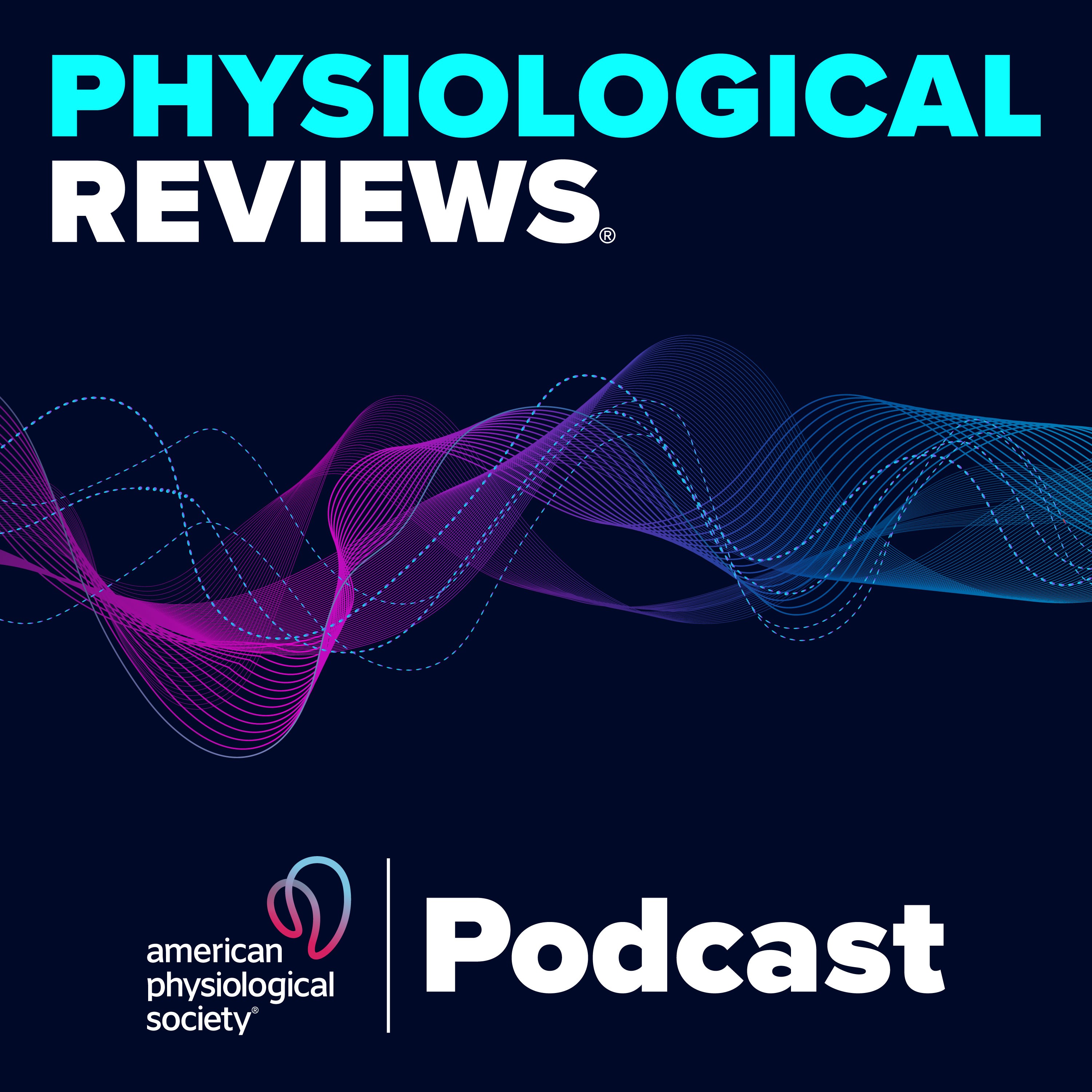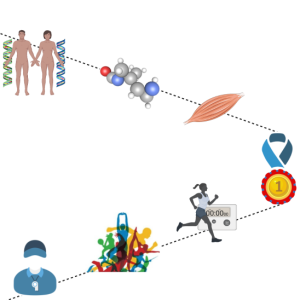
6.1K
Downloads
28
Episodes
Each episode of the Physiological Reviews podcast features commentary and discussion of newly published articles in the journal, which provides state-of-the-art, comprehensive, and high-impact coverage of timely issues in the physiological and biomedical sciences. Physiological Reviews articles appeal to physiologists, neuroscientists, cell biologists, biophysicists, and clinicians with special interest in pathophysiology. The journal is very useful in teaching and research because it provides non-biased and clearly written updates on important developments.
Episodes

Tuesday Aug 29, 2023
The Molecular Athlete: Exercise Physiology from Mechanisms to Medals
Tuesday Aug 29, 2023
Tuesday Aug 29, 2023
What are the key physiological adaptations attained in exercise regimens used by elite athletes to achieve peak performance? In our latest episode of The Physiological Reviews Podcast, Editor-in-Chief Dr. Sadis Matalon (University of Alabama at Birmingham) interviews author and Physiological Reviews Associate Editor Dr. Christoph Handschin (University of Basel, Switzerland) about the new Review by Furrer et al. As Dr. Handschin explains, the basis of all types of muscle adaptations is repeated contractions, but how this is done in terms of training intensity, volume, form, and frequency can dramatically affect training outcomes. Athletes and coaches try to develop the best strategies for training periodization for performance to peak at the time of competition. What roles do sleep, diet, and environment, such as altitude, play in enhancing (or diminishing) exercise performance? Listen as Dr. Matalon and Dr. Handschin discuss experimental and natural product-based performance enhancing substances, wearable devices for tracking exercise performance, and the genetic makeup of individuals that ultimately differentiates athletes from Olympic athletes.
Regula Furrer, John A. Hawley, and Christoph Handschin The molecular athlete: exercise physiology from mechanisms to medals Physiological Reviews, published April 23, 2023. DOI: 10.1152/physrev.00017.2022
